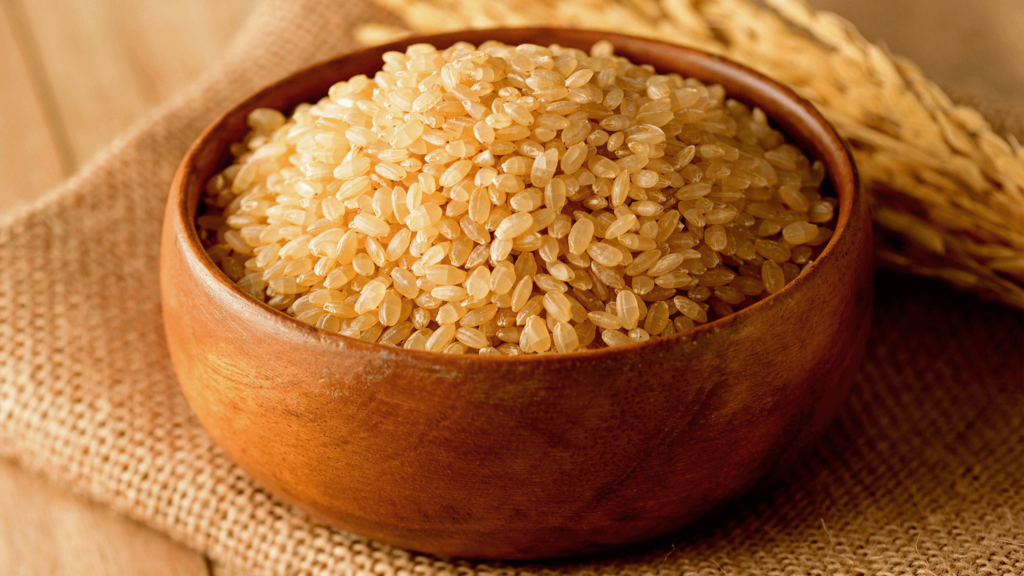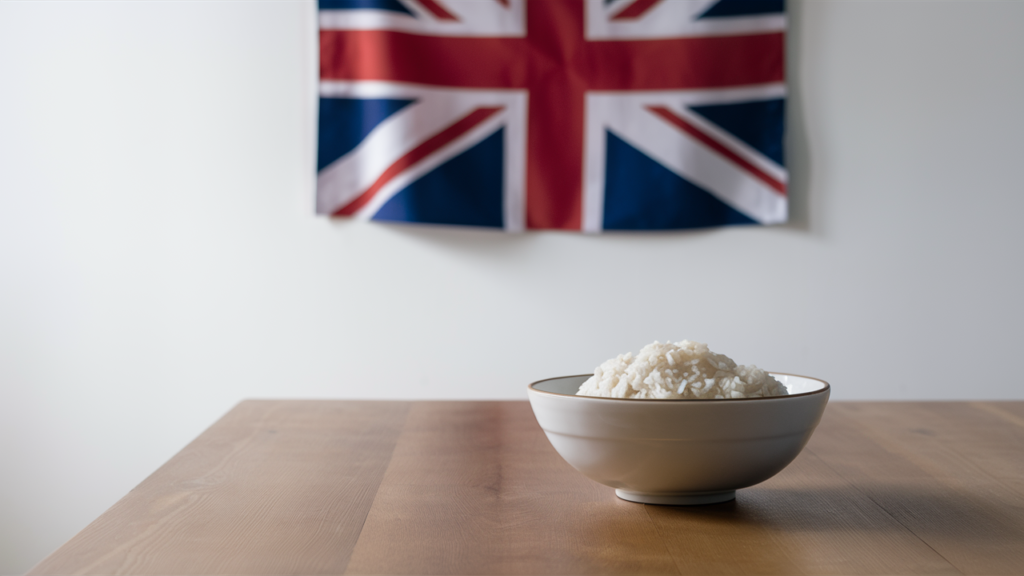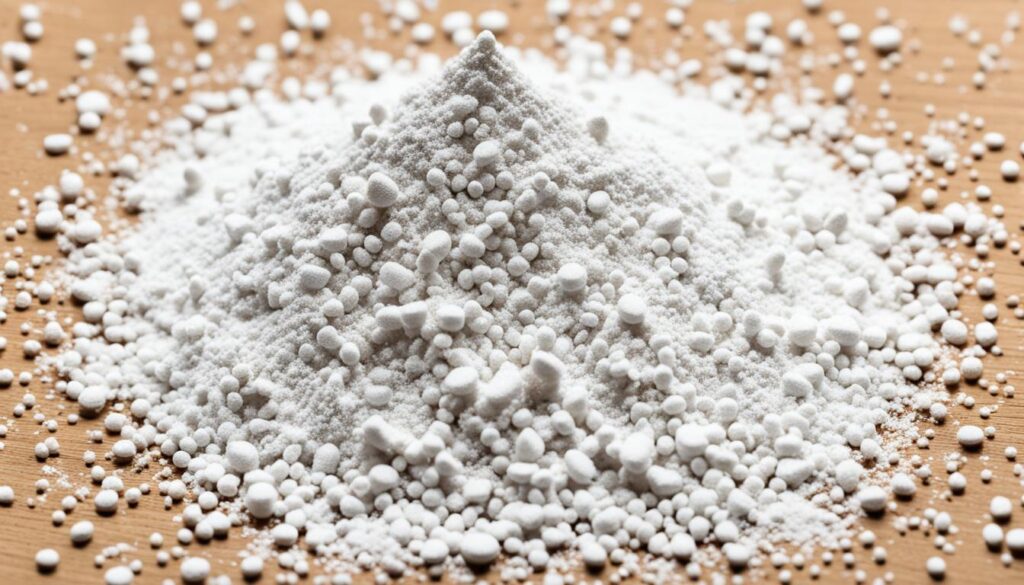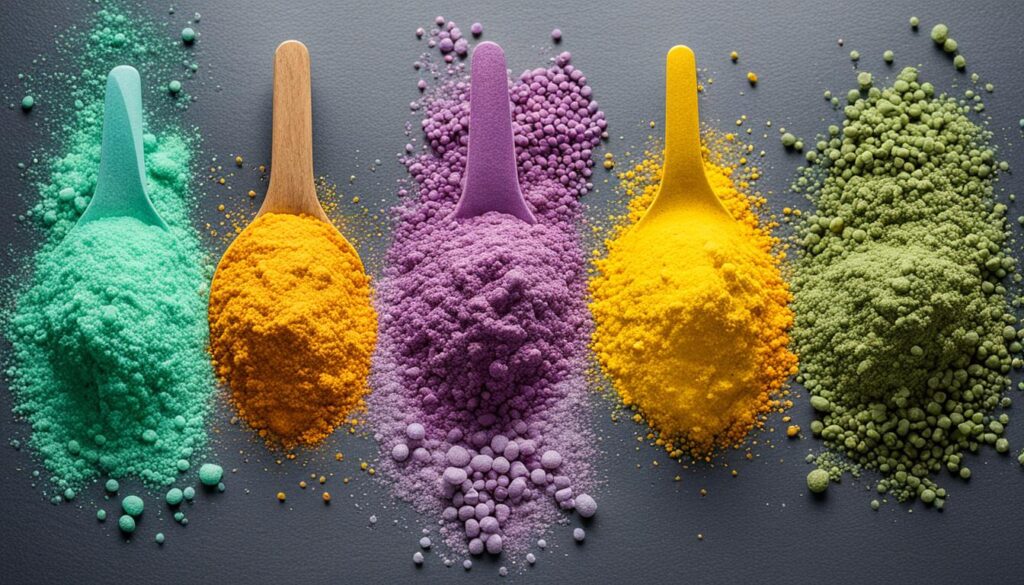In the quest for healthier sweeteners, organic brown rice syrup has emerged as a popular option. But what exactly is it, and is it a better choice? This blog post delves into the world of organic brown rice syrup, exploring its uses, benefits, and concerns.
What is Organic Brown Rice Syrup?
It is a natural sweetener derived from organic brown rice. Manufacturers produce it by breaking down the starches in cooked rice into simpler sugars, resulting in a thick, sweet syrup. Unlike high-fructose corn syrup, it contains no fructose, only glucose and maltose, making it a different kind of sweet treat.
The Production Process
The journey from grain to syrup is interesting. Whole organic brown rice is cooked until soft, making it the beginning. We introduce enzymes to break down the complex carbohydrates into sugars. Afterward, we strain the mixture to remove impurities, and then reduce the remaining liquid to a syrupy consistency.
Nutritional Profile
While brown rice is nutritious, the syrup made from it is less so. It’s high in sugar and calories, with least vital nutrients. However, it does offer a gluten-free and vegan-friendly sweetening option for various diets.
Benefits
It has several advantages. It’s a great option for those avoiding fructose. It also adds a mild, buttery sweetness to foods without overpowering other flavours.
Potential Concerns
While brown rice syrup offers various benefits, it’s important to admit potential concerns. Certain studies have identified traces of arsenic in brown rice syrup, which in great amounts can pose health risks. As a responsible producer, we sourcing from reputable suppliers who conduct careful testing for arsenic levels.
Common Uses
You’ll find it in many health foods. In baking, we use it as a topping for pancakes and waffles. We also use it as a sweetener in tea and coffee. It’s also a common ingredient in energy bars and vegan products.
Conclusion
It offers a unique option to traditional sweeteners. While it’s not nutrient-rich, its lower fructose content and glycemic index make it an best option for many. As with any sweetener, moderation is key.
FAQs
Q1: Is organic brown rice syrup healthier than regular sugar?
It’s considered a healthier option due to its lower fructose content and slower impact on blood sugar levels.
Q2: Can I use organic brown rice syrup in cooking?
Absolutely! It’s versatile and can replace other sweeteners in most recipes.
Q3: Does organic brown rice syrup contain gluten?
No, it’s naturally gluten-free, making it suitable for those with gluten sensitivities.
Q4: How does organic brown rice syrup impact blood sugar levels?
Its glucose content means it does raise blood sugar, but more gradually than high-fructose sweeteners.
Q5: Are there any risks linked with it ?
The main risk is arsenic content, so choosing products tested for low arsenic levels is crucial.












